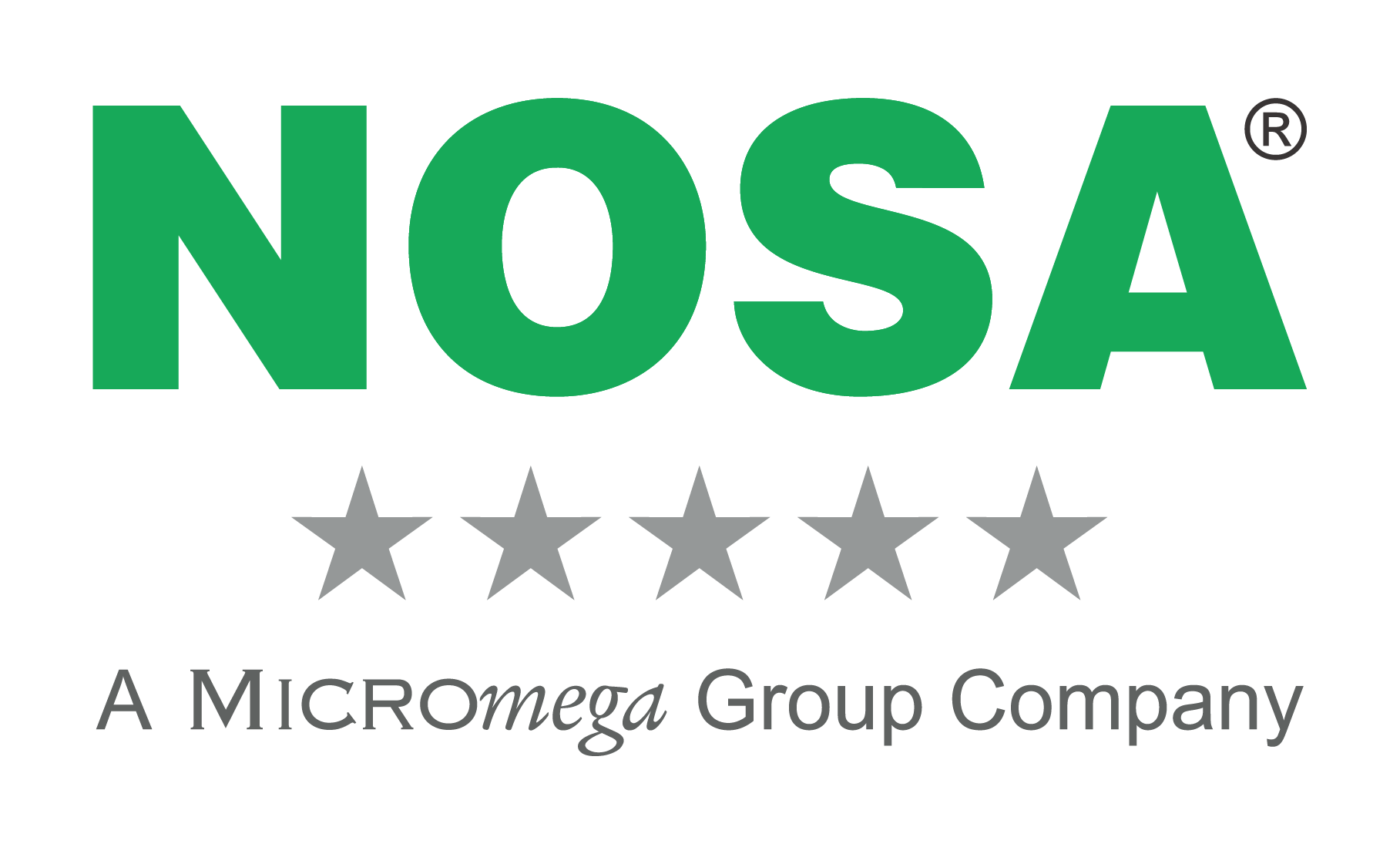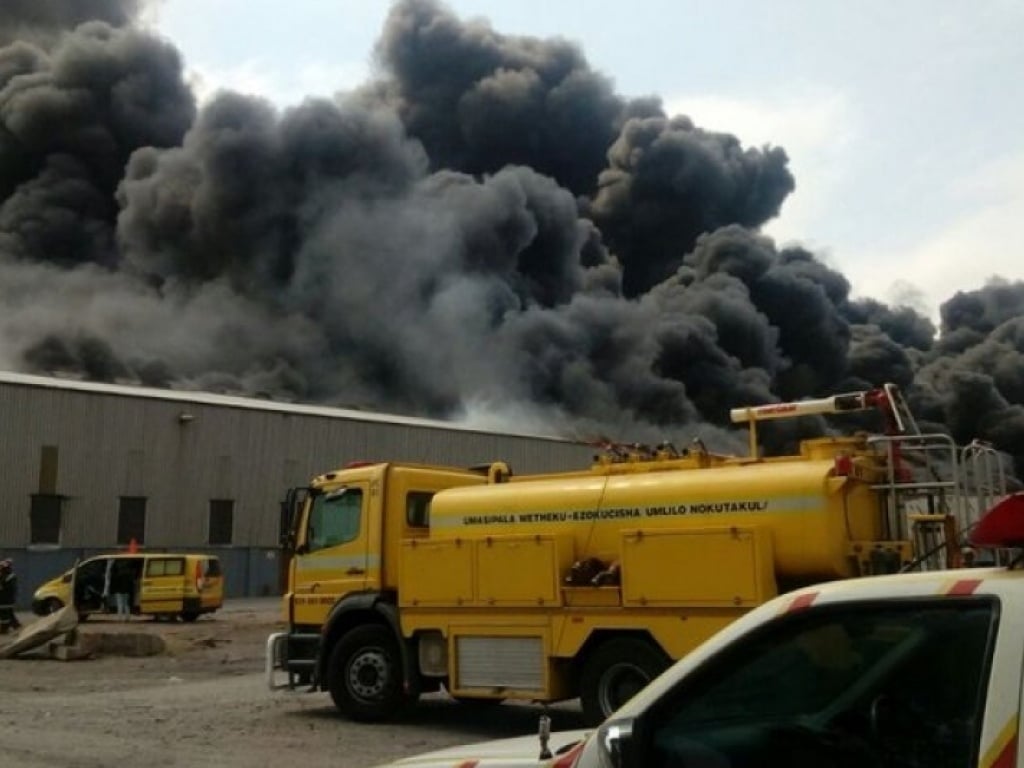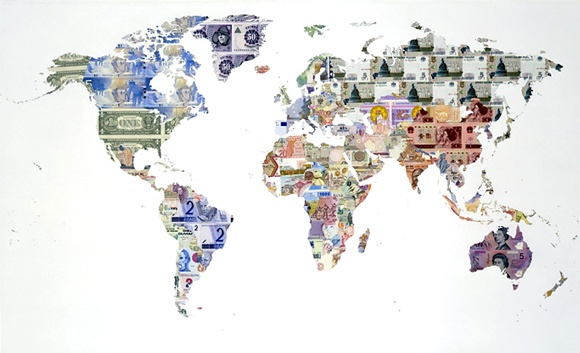Remember when the Durban skyline was blackened by a fire that blazed within – and without – a local factory. The fire broke out on the morning of Friday the 24th of March, at a 200 000 m2 Transnet-owned wax-production facility, and eventually razed the building to the ground. Alex Gloster, a Durban Fire Department commander on the scene of the factory fire, said that firefighters had done a ‘world class job’ on what was ‘…certainly the biggest fire of my career.’
NOSA

Recent Posts
Topics: Occupational Health and Safety, Fire safety, Tips, HSE best practice
6 key reasons health and safety training will make your business more efficient
Training is a major responsibility. Whether you’re a training professional, a veteran of company training, or have just been asked to take over or start up a training programme, you have a great deal of responsibility. Just think about all the different kinds of training employees need throughout their careers.
Topics: training, HSE best practice, Corporate best practice
Although it’s already been almost two years since ISO 9001 was revised, you may still be a little hazy on the details. So we thought we’d take the opportunity to break the main points down for you.
Topics: ISO standards, ISO Updates
Like we did for ISO 9001: 2015, today’s blog takes a look at the 2015 revisions to ISO 14001, and how these have improved the standard, as well as changed it.
Recap: What is ISO 14001?
ISO 14001 is an internationally agreed standard that sets out the requirements for an environmental management system. It helps organisations improve their environmental performance through more efficient use of resources and reduction of waste, gaining a competitive advantage and the trust of stakeholders.
Topics: ISO standards, ISO Updates, Environmental Management System
Topics: Career in Health and Safety, Occupational Health and Safety, HSE, training
How often should I retrain my staff to remain legally compliant?
Your workplace is ticking along, everyone has undergone the required health and safety training at some point, and it appears that everyone understands how to prevent and minimise risk. So there’s nothing more for you to do – right? Well, no actually.
As any mechanic worth his salt will tell you, maintenance is an ongoing, essential requirement to ensure things keep running smoothly. In fact, just because certain training may not be legally required, it doesn’t mean your company doesn’t need it. So here’s what to consider when it comes to retraining your employees.
Topics: work safety, HSE, CEO, training, Budget
As a corporate leader, global competition and razor-thin margins can pressure your employer to make financial decisions that conflict with health and safety standards. As health and safety professionals, it can become tiresome, having to constantly justify necessary spend. Let’s be honest – we know the safety training our company needs, and perhaps in the interests of getting that training, we’ll opt for the ‘discount’ option in order to please our employers and their bottom lines while still meeting our HSE legal requirements.
In reality, however, current safety statistics show that improving work site safety practices reduces both direct and indirect employee costs in the long run, saving money and even the company itself. Here’s how paying cheap now can cost you dearly later.
Topics: Career in Health and Safety, Occupational Health and Safety, Risk management, training, Fatalities in the workplace, Budget
It’s a sad reality that the current South African job market is… depressing. The ratio between job seekers and suitable, available jobs is inversely proportional, and alarmingly so. Everyone is looking for that edge to set them apart from the very many other equally-qualified candidates, all vying for the same position.
One of the easiest ways to do this is to guarantee that your resume distinguishes itself from the ream of CVs sent to every recruiter. Here’s what to do.
Topics: Career in Health and Safety, Resume, CV, Tips
We’ve said this before – having a passion for your work is important, but this would mean nothing if its compensation doesn’t come close to feeding you and your family. This blog reveals what you can expect to earn, depending on where you are in the world, and the employment landscape for each of the areas we discuss. We focus on three continents specifically – the United Kingdom, Africa and the United States.
Remember: These salary brackets can vary. The information provided here has been compiled from data covering as wide a proportion of the international industry as possible. Also, as we have done in previous blogs, the salaries are annual earnings, and are listed in US dollars for ease of reference.
Topics: Career in Health and Safety, work safety, Occupational Health and Safety, Global Trends
For many companies, we’re fast approaching financial year end. This is the time to review what remains in our budgets and find ways to spend what remains in a way that is responsible and productive, while avoiding wasteful expenditure that can harm your bottom line.













